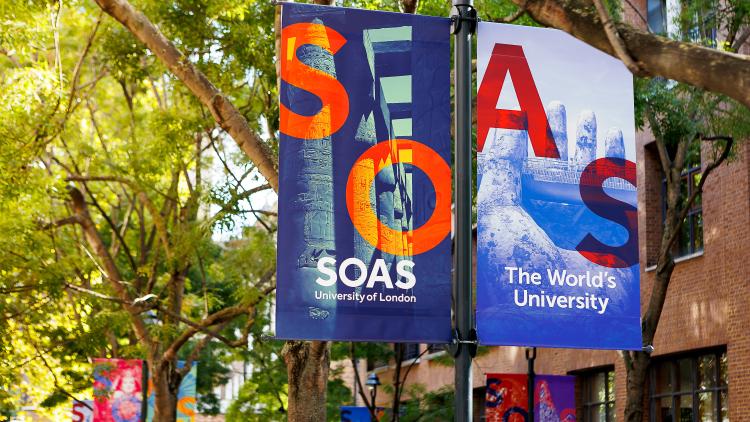Aspects of Music and Religion in South East Asia

Key information
- Status
- Module not running
- Module code
- 15PMUH017
- FHEQ Level
- 7
- Credits
- 15
- Department
- Department of Music
Module overview
This specialist course is designed to run in alternate years to the course Popular and Fusion Music of South East Asia. It is suitable for students new to this subject area and for non-Music students: it might, for example, be paired with other courses in South East Asian history and culture. This course is designed to complement and enhance the Department’s provision of courses on music and religion (for instance, Music, Shamanism and Healing).
Music and Religion in South East Asia examines classical, popular and folk musics of the region, focusing on how they interact with religion. Religion in this context includes very diverse local forms as well as major world religions. The diversity of these musical-religious relationships create areas of particular focus, which include mysticism and spiritual practices, reformist movements, community and life-cycle rituals, religiously oriented dramatic forms, spirit mediumship, shamanism and trance, and local interpretations and expressions of religions such as Islam, Christianity and Buddhism, as well as interaction with politics, nationalism, globalisation and tourism.
Objectives and learning outcomes of the module
At the end of the course, a student should be able to demonstrate an in depth knowledge of particular aspects of South East Asian musics, including the major classical music traditions of Indonesia and mainland South East Asia and of the impact and importance of religion on these forms. Religion here is considered in a general sense, covering such diverse beliefs and behaviours as trance-mediumship and spirit possession and the influence of major world religions such as Islam, Hinduism, Buddhism and Christianity on the region.
Through this course the students should gain critical understanding of issues surrounding the use of music in ritual, the impact of religious ideology on musical aesthetics and form, the relationships between music, religion and other global and local forces including political power structures, gender, nationalism, tourism and globalisation.
Workload
- One hour Lecture, one hour Seminar
Scope and syllabus
Outline of lectures:
- Introduction to the music cultures and religions of SEA
- Central Javanese court culture, gamelan and dance, agami jawi (Javanese religion)
- Balinese music in ritual, Balinese Hinduism and reform
- Thai classical music: Buddhism, the wai khruu and cremation rituals
- Music and shadow puppetry: epic, ritual and ideology
- Reading week
- Music, spirit mediumship and politics in Vietnam and Burma
- Music and Christianity in the Philippines and “outer island” Indonesia
- Music and shamanism in Borneo and West Malaysia
- Music and Islam in Indonesia and Malaysia
- Balinese Calonarang: magic and healing
- Balinese Sanghyang and Kecak and the impact of tourism
Method of assessment
- One 1 000 words essay (worth 40%)
- One 2 000 words essay (worth 60%)
Suggested reading
Overview and general introduction:
- Entry on “Southeast Asia” in New Grove dictionary of music and musicians, 2nd ed. (2001) (also available on-line from SOAS computers via Library catalogue).
- The general section of Terry Miller & Sean Williams (1998) Garland Encyclopedia of World Music, vol. 4: Southeast Asia. (with CD) [Or see the shorter but updated version: Miller, Terry & Sean Williams, eds (2008) The Garland handbook of Southeast Asian music. New York/London: Routledge. Particularly the sections on religions and waves of cultural influence]
- Section on Southeast Asia in William P. Malm, Music cultures of the Pacific, the Near East and Asia, 3rd ed. (1996). (with cassette tape, TCM23 in Teaching Collection)
- Articles (short) on Southeast Asian cultures in Elizabeth May (ed.) Musics of many cultures (1980).
- Keeler, Ward (1975) “Musical encounter in Java and Bali”. Indonesia 19: 85-12Bali
Disclaimer
Important notice regarding changes to programmes and modules
